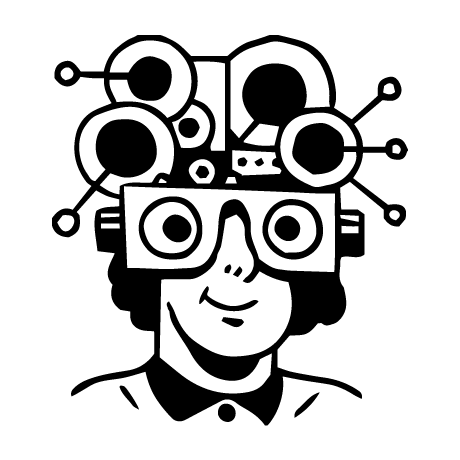Eye examination
At ZITA your eyesight deserves the same kind of special care as you. Experienced optometrists using cutting-edge technology will cast an eye on your sight at our optics. In 50 minutes they will inspect your visual acuity, depth perception, eye pressure and also check for dry eye.
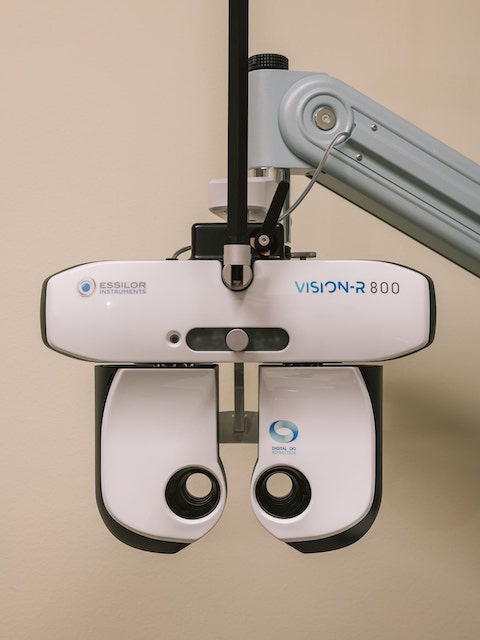
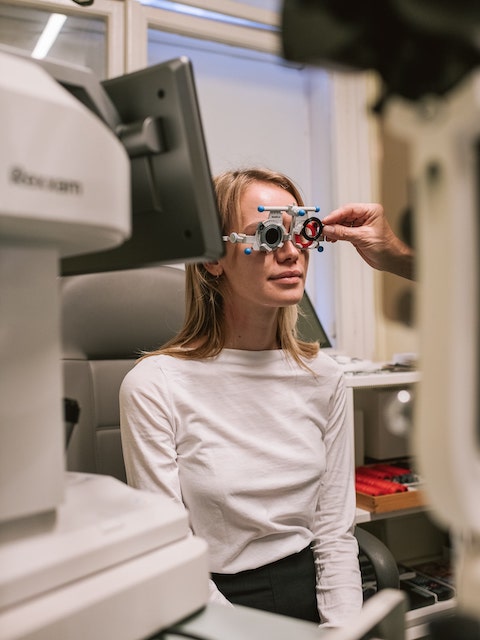
Why have
an eye examination?
The eyesight keeps changing and evolving – depending on your age, but also your work and living conditions. It is therefore good to check up on it at least once every two years.
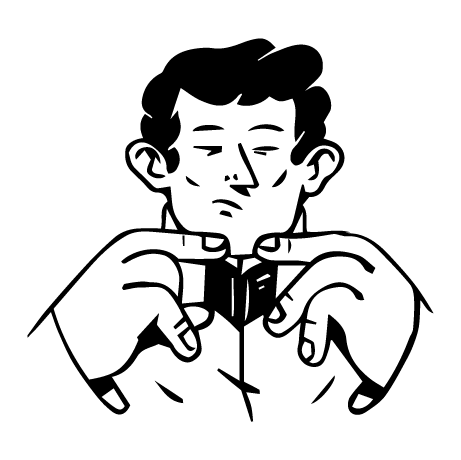
you often squint at details and have to move your phone or text further
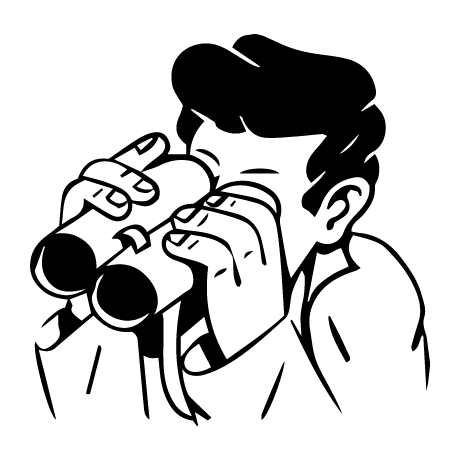
you lose acuity in distance, darkness or while driving
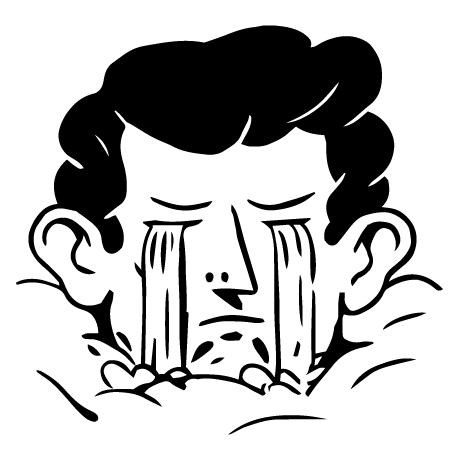
you have dry or watery eyes at the end of the day

fatigue causes your eyesight to blur or see double
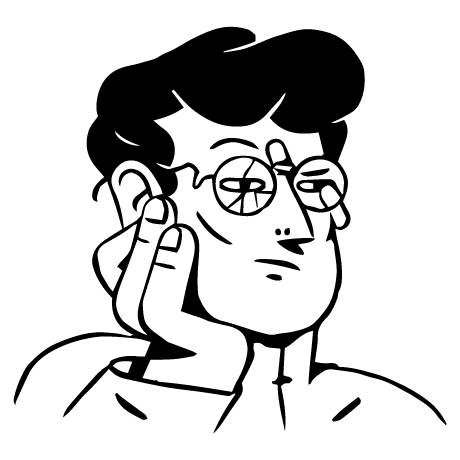
your current glasses no longer suit your needs
What is the examination
process?
At ZITA your comfort is our priority at all times – also whilst being examined by one of our optometrists.

Friendly conversation
The examination will start off with a short conversation during which we will determine if your sight might be affected by either your health or family history. If you wear glasses, we will measure their dioptres and check if they still serve their purpose.
Visual acuity
There are few things that can improve life as much as the undisrupted perception of the world of beauty. We are therefore very thorough when examining your near and distance vision. Thanks to our cutting-edge technology we will find everything we need to be able to correct your vision.
Eye coordination
Spatial vision
Our eyes need to work together in order for us to be able to orientate in space and estimate distance correctly. With this test, we will find out if your eyes are a good match.
Squint
When the cooperation of your eyes malfunctions it often results in a squint. Although it can be subtle and hard to notice, it can cause trouble – excessive fatigue for instance.
Dry eye
A healthy moist coating serves as protection for the eye. Its absence can cause some discomfort – stinging, burning, or watery eyes. Unfortunately, it doesn’t stop there. That is why we make sure your eyes are moist and fresh.
Colour vision
Can you see the world and all of its colours? We will find that out too!
Intraocular pressure
Thanks to this test we will rule out the possibility of high eye pressure. And just like the other tests, it is completely painless and necessary for the overall health of your eyes.
Tips to take home
We will also give you some useful tips to keep your eyes well and then we are done! If you need, you can use the rest of the time after the examination to find the right frame. Of course, we will be more than happy to assist you.
What can the eye
examination discover?
Short-sightedness
If you have trouble focusing on distance, like subtitles in the cinema or faces in the street, you could be short-sighted. That can easily be corrected with the correct dioptre!
Long-sightedness
If seeing in the distance is no problem, but you struggle to make out text or objects close to you, you most likely suffer from long-sightedness. Glasses can help you with this condition too.
Astigmatism
Often manifests itself as slightly cloudy vision or the sensation of seeing “ghosts“. The good news is that glasses can easily compensate for astigmatism. You have to wear them though.
Presbyopia
With onset usually, after you are 40, you recognize it when you find it harder to focus on a text or a close-up object. You might often feel like your hands are just too short. Don’t worry though! Even presbyopia can be treated with a well-chosen dioptre.
How to prepare for
the examination?
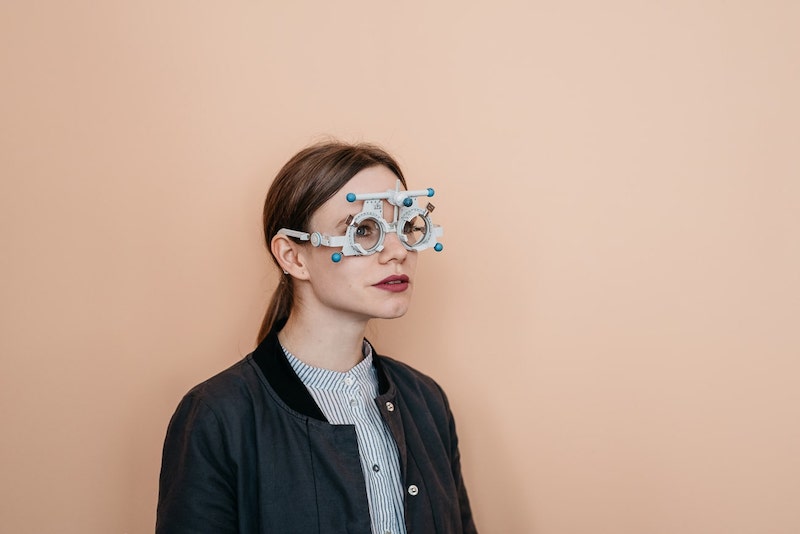
If you wear glasses, bring them to the examination. They will be useful for comparing your dioptres.
If you wear contact lenses, please remove them at least 4 hours before the examination. Their use before the tests can affect the results of the measurements which is something we need to avoid.
What is the difference
between an ophthalmologist
and an optometrist examination?

While both deal with our eyes, each of them is an expert on something else.
The accurate correction of sight and its functionality is the domain of optometrists.
These specialists correct your sight based on exact measurements in order to help you see better. If our optometrist finds a more serious issue in your eyes, they will refer you without hesitation to an ophthalmologist. Optometrists can legally examine the eyesight of people above the age of 16. Underage people can only be treated by an ophthalmologist.
Ophthalmologists treat the eye as a whole – they help with all the problems associated with the anatomy or pathology of the eye and ensure it is healthy.
